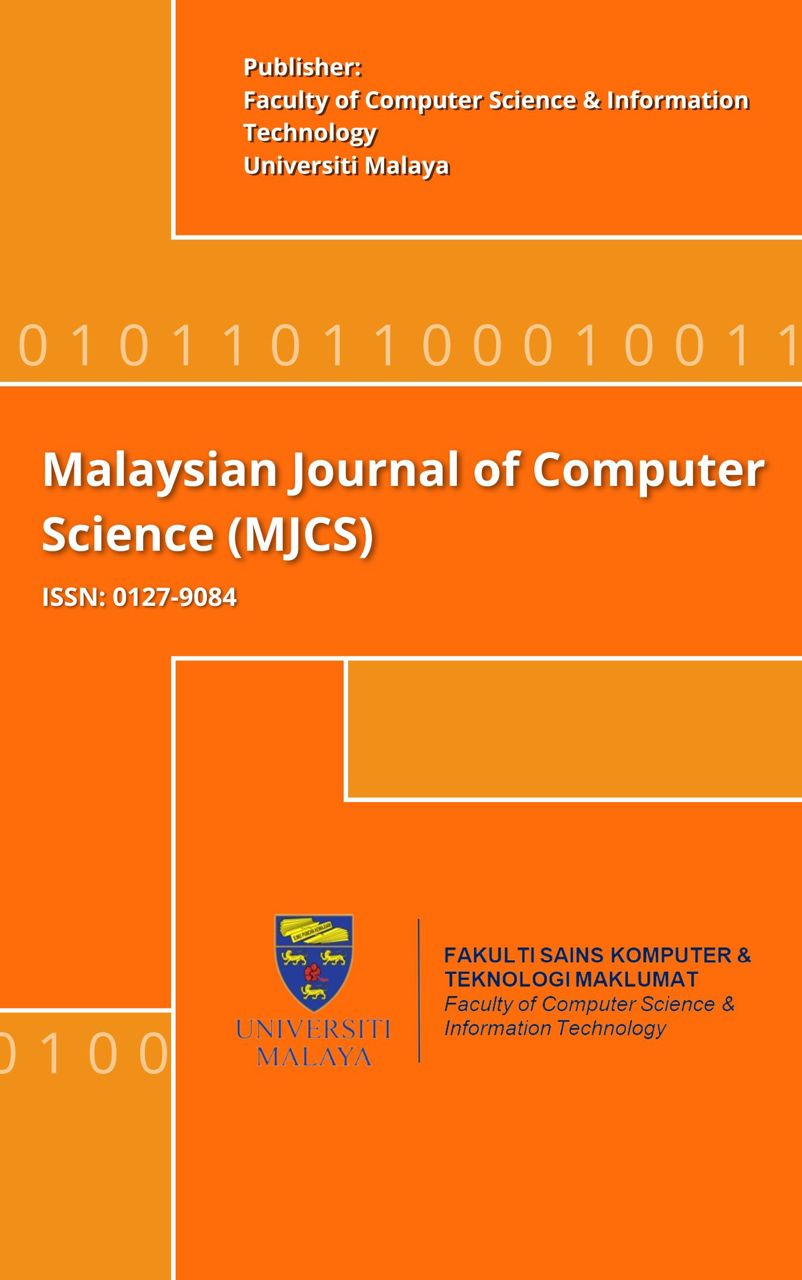COOPERATIVE SPECTRUM DECISION IN COGNITIVE VEHICULAR NETWORK BASED ON SUPPORT VECTOR MACHINE
DOI:
https://doi.org/10.22452/mjcs.vol32no2.1Keywords:
Spectrum Sensing, Cooperative Decision, Cognitive Radio, SVM, VANETAbstract
Spectrum sensing is one of the core functionality of a cognitive radio system. Accurate identification of primary system signal can prevent interference and provide maximum protection to licensed users. However, many challenges associated with spectrum sensing still exist. Examples include shadowing, multipath fading of the primary user signal, hidden primary user problem and many more. To circumvent the challenges faced by sensing device, the cooperative decision from participating devices has been proposed in the literature. In this paper, we suggest a cooperative decision based on support vector machine (SVM) for spectrum sensing in vehicular communication environment to mitigate shadowing and multipath fading. Spectrum sensing can be formulated as a
pattern recognition problem with sensing results grouped into two distinct classes corresponding to the presence or absence of a primary user signal. Therefore, we employ SVM at the fusion centre to classify the primary signal correctly. The roadside units along the highway are selected to act as the fusion centre where sensing decision is made. The performance of the proposed scheme is evaluated using receiver operation characteristic curves in MATLAB. We compare the probability of detection for the proposed cooperative scheme to hard fusion rule. The simulation result shows that SVM based cooperative decision performed better than hard fusion rule.






